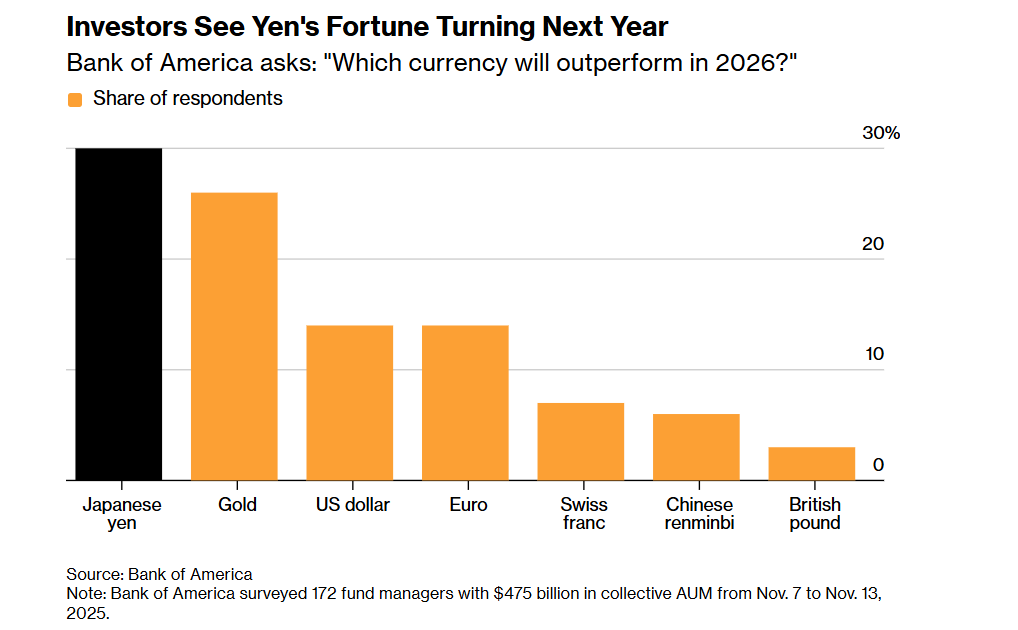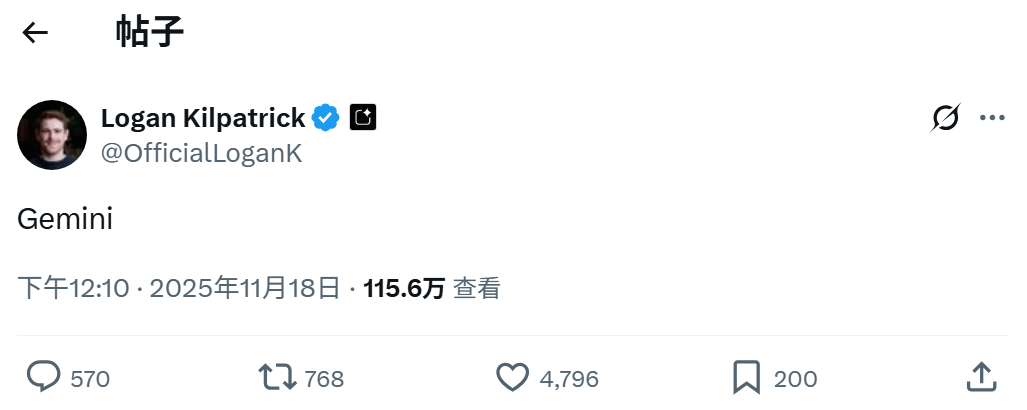Ethereum’s Vitalik Buterin Calls Out Flaws in Current Digital ID Frameworks
 2025/06/28 06:08
2025/06/28 06:08Ethereum co-founder Vitalik Buterin has raised fresh concerns over how identity is managed in the blockchain space, urging the crypto community to move away from singular digital ID solutions.
In a blog post published on June 28, Buterin argued that zero-knowledge (ZK) technology has significantly improved privacy protections. However, he noted that it also introduces new risks when applied to rigid identity structures.
Downsides of a ZK-Wrapped ID
ZK technology can allow individuals to verify personal attributes without revealing underlying data, and it’s already in use across various projects, including Worldcoin’s World ID.
However, Buterin cautions that simply wrapping traditional IDs in ZK proofs doesn’t address core vulnerabilities in identity systems.
He noted that one major risk of this system is the push toward a “one-identity-per-person” model. According to Buterin, this design could strip away the benefits of pseudonymity and open the door to coercion.
“The practical level of pseudonymity that you get is plausibly lower than today’s status quo, and so under one-per-person ID, even if ZK-wrapped, we risk coming closer to a world where all of your activity must de-facto be under a single public identity,” Buterin said.
The Ethereum co-founder also highlighted practical limitations, such as the inability of government-issued IDs to cover stateless individuals. In addition, biometric identifiers can be easily faked or abused, especially in high-stakes environments.
In extreme cases, he warned, adversarial governments could fabricate identities to disrupt decentralized systems.
Buterin Makes Case for Pluralistic Identity
To counter these issues, Buterin proposes a “pluralistic identity” framework that favors flexibility and decentralization. This model doesn’t rely on a single authority or form of verification.
“By ‘pluralistic identity,’ I mean an identity regime where there is no single dominant issuing authority, whether that’s a person, or an institution, or a platform,” Buterin explained.
The Ethereum co-founder pointed out that a pluralistic identity can take two forms. The first is explicit, where identity is based on community trust, such as a web of peer attestations.
Projects like Circles use this method, letting users vouch for one another based on shared networks.
 Circles Identity Graph. Source:
Vitalik Buterin
Circles Identity Graph. Source:
Vitalik Buterin
Meanwhile, the second form is implicit, where people can access services through a variety of login methods, such as email providers, social media accounts, or national IDs. Both approaches aim to avoid over-reliance on any single form of identity.
This pluralistic approach, Buterin argues, is inherently more resilient.
In this scenario, a person with damaged biometric features might still hold a passport, and someone without state documentation could still verify their identity through community-based attestations.
However, this advantage disappears when one system becomes dominant.
“The biggest risk that could come from identity systems that try too hard to be ‘universal’: if their market share gets too close to 100%, they shift the world from the pluralistic identity to a one-per-person model, which has worse properties,” Buterin wrote.
Ultimately, Buterin’s call to action is clear. Rather than seeking a universal digital ID, the crypto community should foster systems that embrace complexity, redundancy, and user choice.
He believes this is the only realistic path to preserving privacy and inclusion in decentralized ecosystems.
Disclaimer: The content of this article solely reflects the author's opinion and does not represent the platform in any capacity. This article is not intended to serve as a reference for making investment decisions.
You may also like
Mars Morning News | Starting this Thursday, the United States will fill in missing employment data and release a new batch of economic data
The United States will fill in missing employment data and release new economic data. The Coinbase CEO is looking forward to progress in crypto regulatory legislation. Market participants predict the market is nearing a bottom. Phantom has launched a professional trading platform. Trump hints that the candidate for Federal Reserve Chair has been decided. Summary generated by Mars AI This summary was generated by the Mars AI model, which is still being iteratively updated for accuracy and completeness.

Countdown to a comeback! The yen may become the best-performing currency next year, with gold and the US dollar close behind
A Bank of America survey shows that more than 30% of global fund managers are bullish on the yen's performance next year, with undervalued valuations and potential central bank intervention possibly paving the way for its rebound.

Gemini 3 arrives late at night: surpasses GPT 5.1, the era of Google large models has arrived
Google has defined it as an “important step towards AGI” and emphasized that it is currently the world’s most advanced agent in terms of multimodal understanding and depth of interaction.

Cloudflare Outage Sparks Global Disruptions Across Crypto Platforms and Major Web Services
